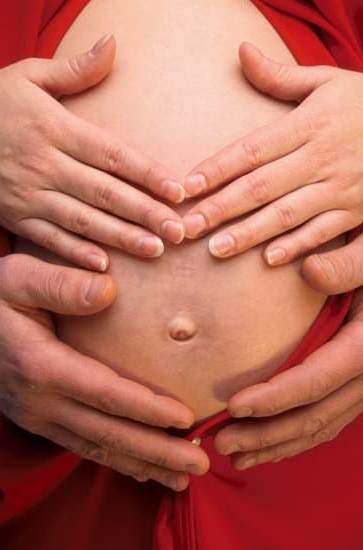## How Early Does Spotting Start?
Spotting is a common sign of pregnancy, but it can also be indicative of a number of other physical and medical issues. It is important to know what spotting is and when it begins to better understand your health and whether or not you may be pregnant.
Spotting is a form of vaginal bleeding that can occur between menstrual cycles. It is different from a period in that it is much lighter and does not generally last as long. Spotting can range from a few spots of light-colored blood to a few days of light bleeding. Generally, it is not accompanied by the other symptoms of a period, such as cramping and breast tenderness.
### What Causes Spotting?
The most common cause of spotting is ovulation, which is the process of releasing an egg from the ovary during a menstrual cycle. Other causes can include:
* Stressful life events
* Hormonal birth control, such as the pill or IUD
* Climbing or stretching at high altitudes
* Polycystic ovarian syndrome (PCOS) or other reproductive issues
* Uterine fibroids or polyps
### How Early Does Spotting Begin?
Spotting may be a sign of early pregnancy and can occur as early as a few days after conception. Other common causes may not be as early, as they often occur after ovulation and implantation of the embryo has already taken place.
Therefore, it can depend on the cause of the spotting; if it is due to early pregnancy, it could begin a few days after conception, while spotting due to other causes may not begin until several weeks later.
### Spotting As an Early Pregnancy Symptom
Spotting may be an early symptom of pregnancy and should be reported to a healthcare provider ASAP. Spotting may take place during the implantation process of the embryo, when the fertilized egg attaches to the uterine wall, which can occur anywhere from 6-12 days after fertilization.
It is important to note that implantation bleeding can vary from woman to woman, and is typically much lighter than menstrual flow. Other early pregnancy symptoms can include:
* Missed period
* Tender or swollen breasts
* Fatigue
* Nausea
* Mood swings
### When to See a Doctor
It is important to provide your healthcare provider with a thorough understanding of your symptoms to ensure they can give you the best advice and treatment.
If you have been experiencing any of these symptoms, make sure to discuss them with your doctor to receive the appropriate diagnosis and treatment. Early diagnosis and treatment may help prevent any further complications.

Welcome to my fertility blog. This is a space where I will be sharing my experiences as I navigate through the world of fertility treatments, as well as provide information and resources about fertility and pregnancy.





